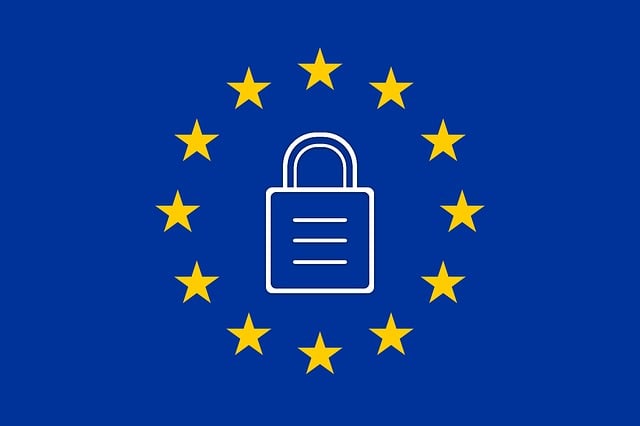Robust screening methods, including background checks, random drug testing, and behavioral observations, are vital for comprehensive premises protection checks. Post-hire support involves regular unannounced checks, training on recognizing abuse signs, promoting healthy choices, and counseling services. Open dialogue through performance appraisals encourages proactive help-seeking while ensuring officers' fitness for duty.
In today’s world, ensuring the integrity of security personnel is paramount for effective premises protection. Substance abuse issues pose significant risks, potentially compromising sensitive environments. This article delves into critical strategies for screening security guards, focusing on understanding unique risk factors and implementing robust methods. We explore best practices for post-hire support and ongoing monitoring to maintain a drug-free workforce, thereby enhancing the overall safety of protected premises.
- Understanding Substance Abuse Risks in Security Personnel
- Implementing Effective Screening Methods for Premises Protection
- Post-Hire Support and Ongoing Monitoring Strategies
Understanding Substance Abuse Risks in Security Personnel

Security personnel play a crucial role in safeguarding our premises and protecting valuable assets. However, substance abuse can pose significant risks to their effectiveness and the overall security of an organization. Understanding these risks is essential for implementing robust screening processes.
Regular premises protection checks should include comprehensive assessments of potential substance abuse issues. This involves examining personal history, random drug testing, and behavioral observations. By identifying signs early on, organizations can intervene promptly and provide necessary support or treatment. Such proactive measures contribute to maintaining a secure environment and ensuring the well-being of both personnel and the community they serve.
Implementing Effective Screening Methods for Premises Protection

Implementing effective screening methods is paramount for thorough premises protection checks. This involves a multi-faceted approach, starting with comprehensive background investigations that go beyond basic criminal records. Verifying employment history and previous security clearances provides insights into an individual’s reliability and potential red flags. Additionally, random drug testing plays a crucial role in deterring substance abuse among security personnel, ensuring they remain alert and accountable during their shifts.
Regular updates to screening protocols and staying abreast of industry best practices are essential. Technology can augment these processes; automated background check systems and digital verification tools streamline data collection, enhancing accuracy and efficiency. Integrating advanced biometric identification further strengthens premises protection by verifying credentials at the point of access, deterring impersonation and unauthorized entry.
Post-Hire Support and Ongoing Monitoring Strategies

Post-hire support plays a pivotal role in addressing substance abuse issues among security personnel. Once an individual is recruited, random and unannounced premises protection checks can be implemented to deter potential drug or alcohol misuse. These checks should be conducted periodically, with increasing frequency if any red flags are observed during initial screenings or later assessments.
Ongoing monitoring strategies include comprehensive training programs focused on recognizing signs of substance abuse, promoting healthy lifestyle choices, and providing access to counseling and rehabilitation services. Regular performance appraisals should incorporate discussions about personal well-being and any potential struggles with substance misuse. Fostering an open dialogue encourages security officers to seek help proactively while ensuring their fitness for duty.
